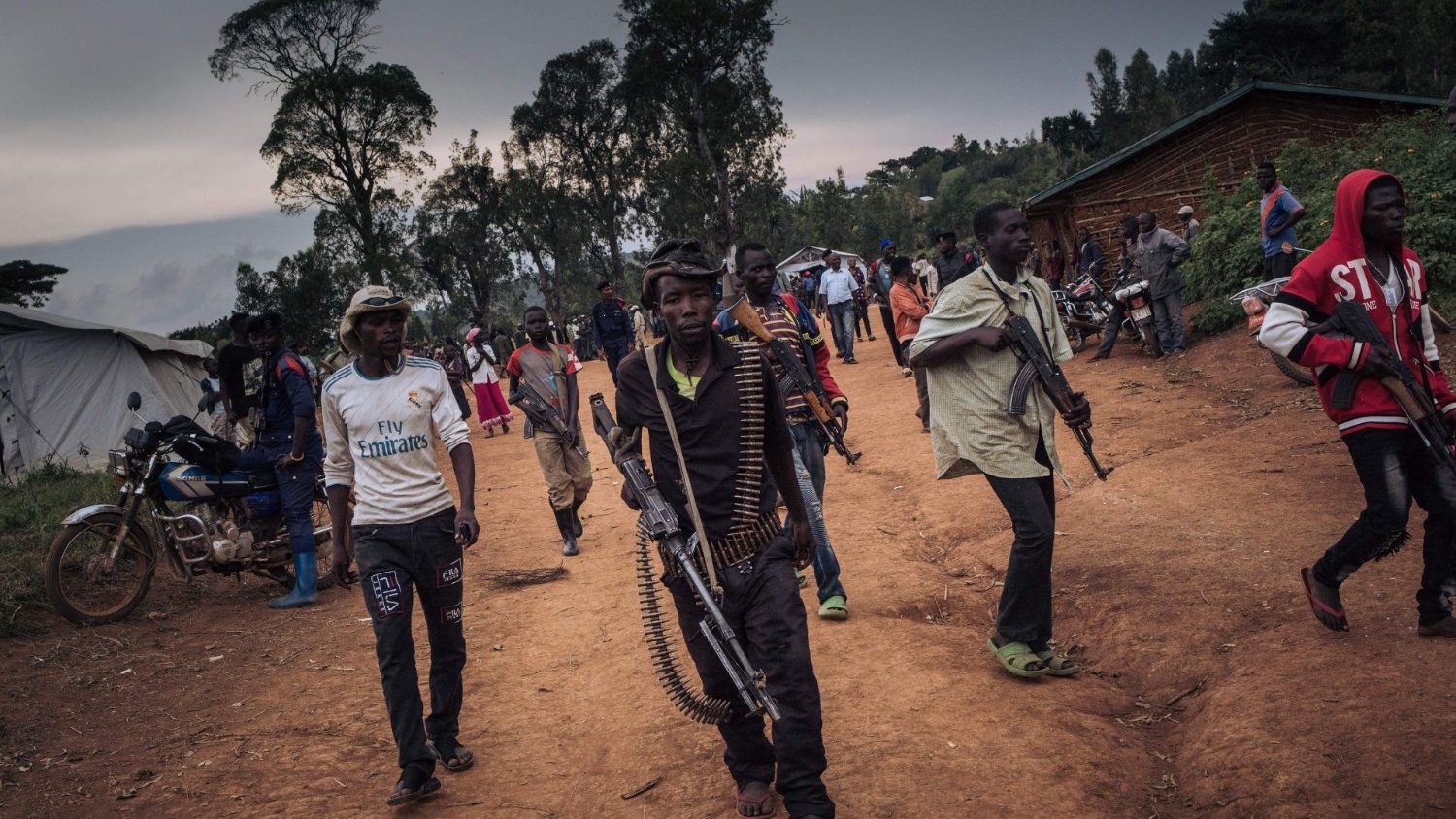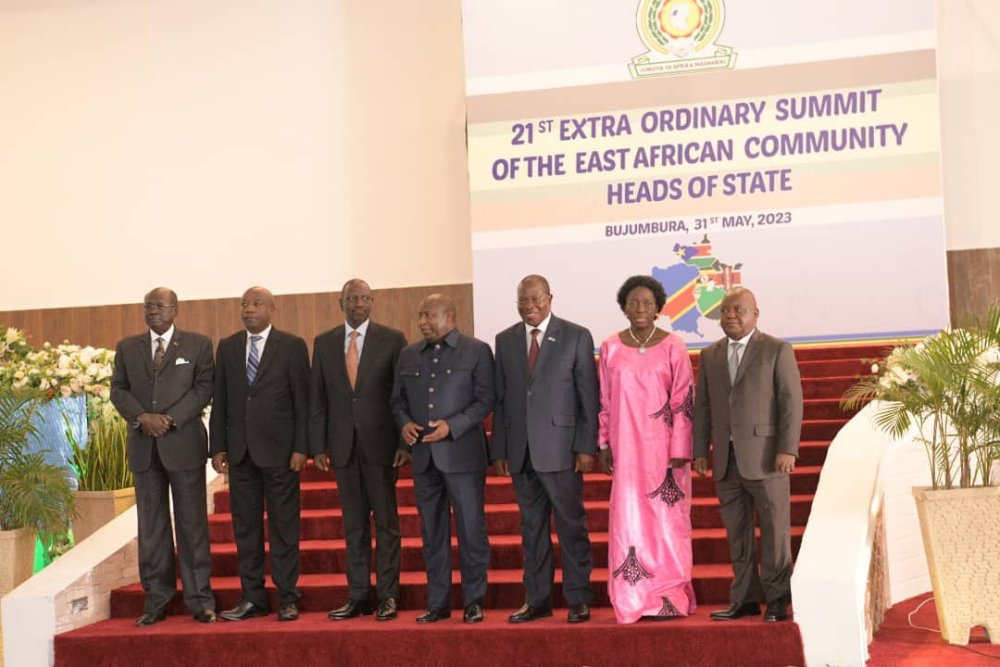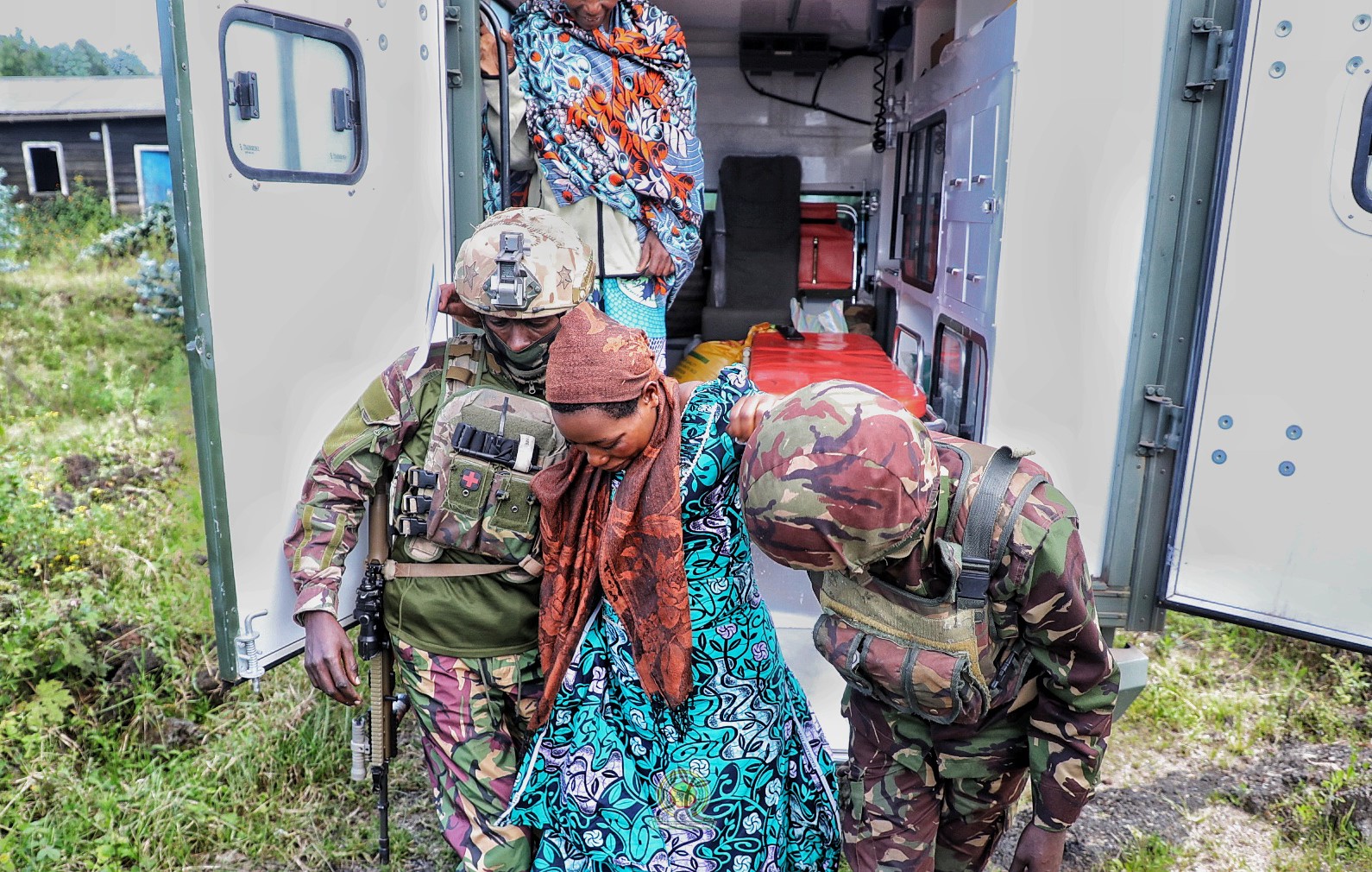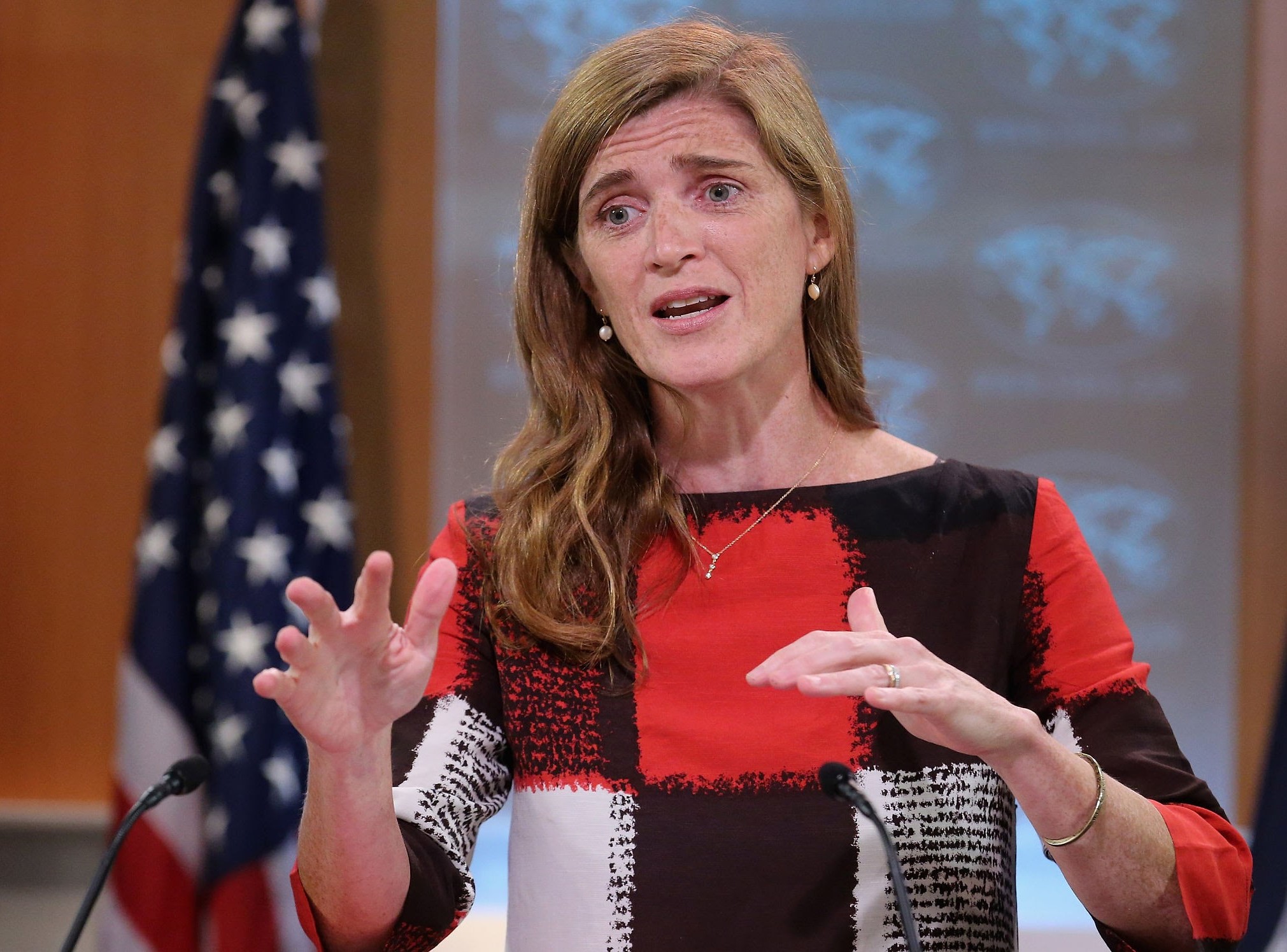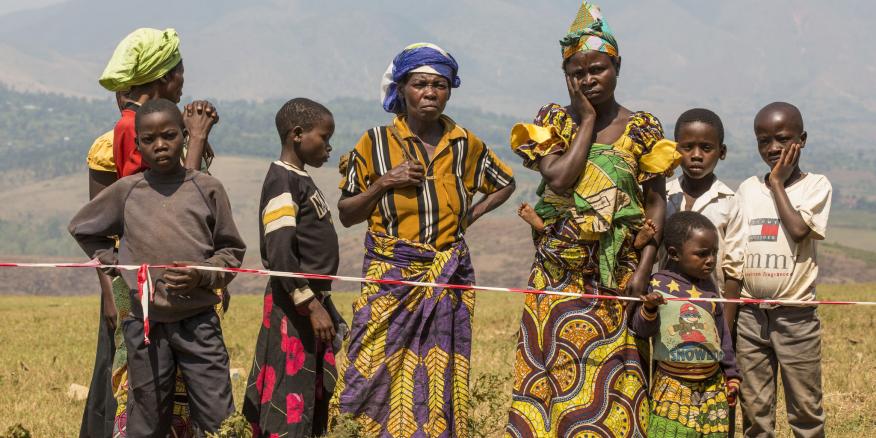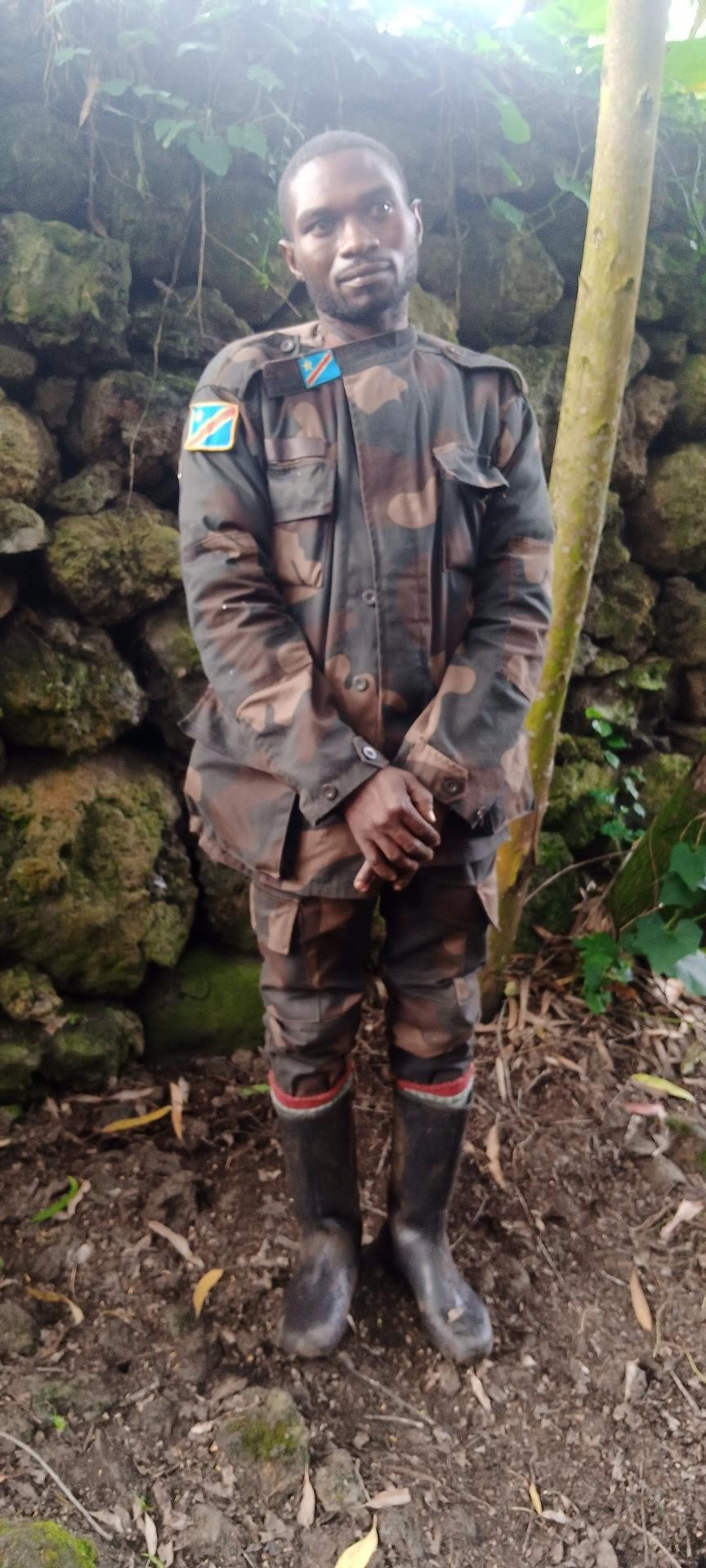Regional
ICGLR’s denial of what really ails DRC is a tragic mistake
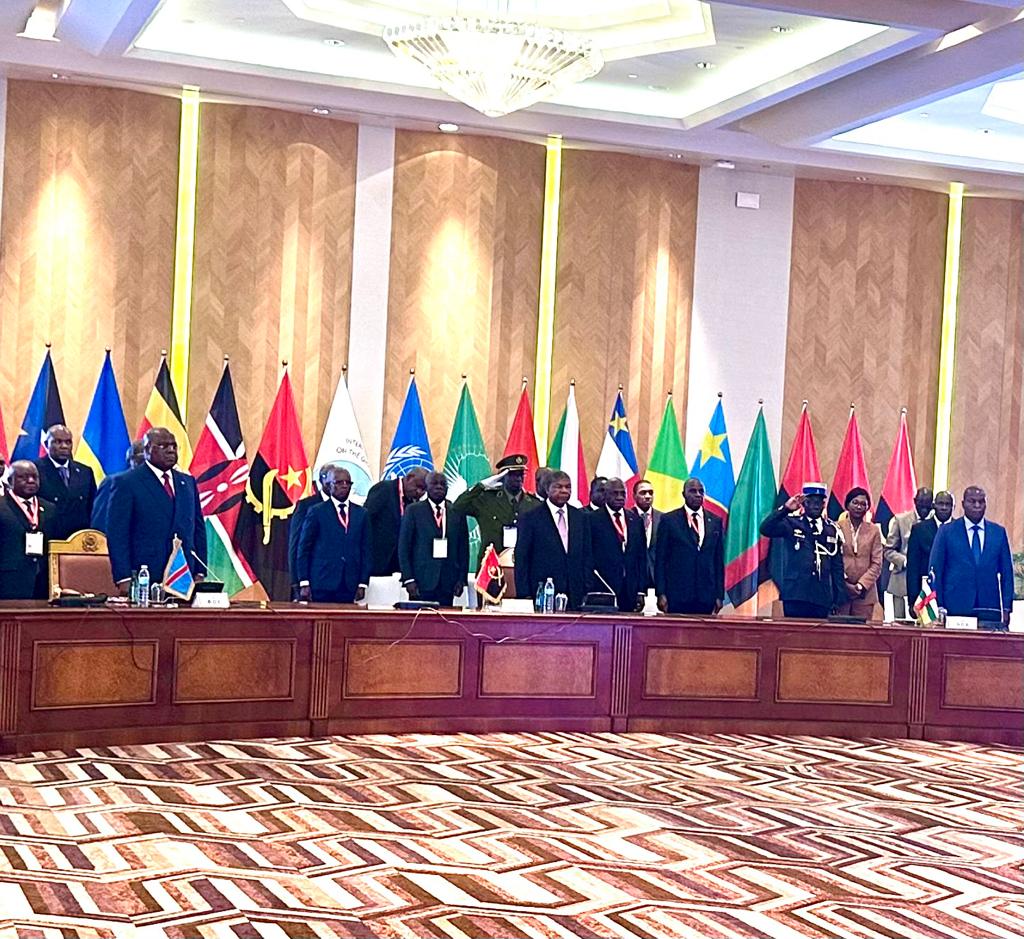
On
June 3, 2023, the President of Angola, Joao Manuel Goncalves Lourenco, convened
the 10th extraordinary summit on peace and security in eastern DRC and
Sudan. The meeting was attended by several Heads of State.
The
meeting came three days following the 21st Extraordinary EAC Heads of State
Summit convened on May 31, in Bujumbura, by Burundian president Evariste
Ndayishimiye who is the Chairperson of the East African Community (EAC).
Although
it is assumed that both the ICGLR and the EAC are working towards achieving
peace in eastern DRC, the difference in approach points to a silent but serious
disagreement between the two organizations.
In
other words, why would the ICGLR convene another meeting on the same subject,
three days after the EAC leaders’ summit?
Among
the recommendations of the 21st Extraordinary EAC Heads of State Summit, was
that the security situation in eastern DRC can only be sustainably resolved
through a political process and dialogue among all the parties. Kinshasa was also argued to work with the
facilitator of the EAC-led Nairobi peace process, former Kenyan president
Uhuru Kenyatta, to finalize the
appropriate dates for resumption of the inter-Congolese dialogue.
The
EAC is of the view that dialogue provides a sustainable solution to the eastern
DRC crisis as opposed to military confrontation. Kinshasa has for long refused
to accept political settlement of the crisis, and therefore, the suggestion by
the EAC to hold an inter-Congolese dialogue may have tasted bitter to
Tshisekedi, which prompted him to seek solace in the ICGLR.
The
ICGLR summit missed out mentioning inter-Congolese dialogue but instead
prioritizes cantonment of the M23 rebels and the deployment of Angolan and SADC
troops. Here, the ICGLR probably believes that an increase in the number of
troops in the conflict zone can solve the DRC crisis.
Secondly,
according to the EAC plan, the East African
Community Regional Force (EACRF) is the one
mandated to handle the process of cantonment. The suggestion to bring in
Angolan troops to do the same job, is an indication that Kinshasa does not
trust EACRF to handle the matter. Kinshasa has already openly said it does not
trust the EAC regional force anyway.
In the ICGLR Communiqué, the deployment of the Angolan and
SADC troops is mentioned separately probably suggesting their different
assigned roles, although Angola is part of SADC.
Again,
unusual as it looks, the communiqué of the ICGLR 10th extraordinary
summit was only signed by the chairperson while other communiqués of a similar
nature are endorsed and signed by all the participants. This raises questions
on the modus operandi of the ICGLR.
The
decisions taken by the ICGLR and the EAC Heads of State Summits, on the
handling of the crisis in eastern DRC point to a major contradiction on the
most contentious issue of the political settlement of the eastern DRC crisis. In
2013, SADC troops were deployed in eastern DRC and they fought and defeated the
M23 rebels. At the time, the DRC government announced that it had achieved
“total victory” over M23.
Ten
years later, the DRC government is dealing with the same rebellion, simply
because the military victory brought about by SADC forces did not address the
root causes of the M23 rebellion.
By deploying troops in eastern DRC, SADC may be repeating the
same mistake of helping Congolese authorities avoid tackling the root causes of
the crisis; which is political in nature. The EAC summit understands well that
the inter-Congolese dialogue is the only approach that can bring about a
lasting solution to the crisis in eastern DRC.
The amassing of troops to fight M23 rebels can achieve temporary
gains of winning the battle, but not the war.
The
EAC prescribed to Tshisekedi the inter-Congolese dialogue which he considers a
bitter pill he is not ready to swallow. Yet it is the only pill capable of
curing the recurrent security crisis in eastern DRC.
On
the other hand, the ICGLR wants to appease Tshisekedi that it can crush the M23
rebellion and there is no need for dialogue. The Southern African Development
Community, in a way, seems to invoke a security pact to provide military
support to its member state, as if the M23 rebellion is an external aggression
yet it is not.
If SADC
was well intentioned, what it would have done is help Tshisekedi tackle the
real challenge rather than trying to avoid the tough part and look for quick fixes.
Quick
fixes will not solve the decades’ long security crisis in eastern DRC.
The ICGLR has not helped either. Its denial of what
really ails DRC is a tragic mistake that risks throwing the region into further
turmoil.




